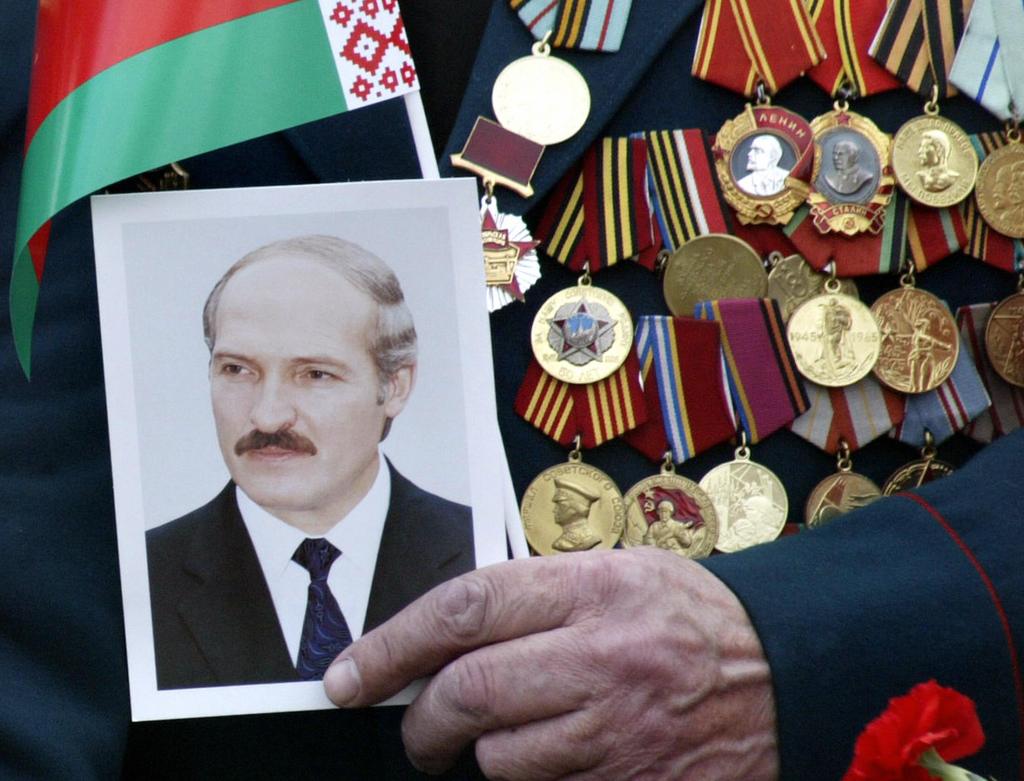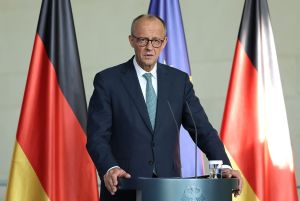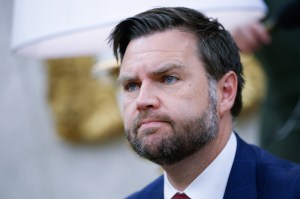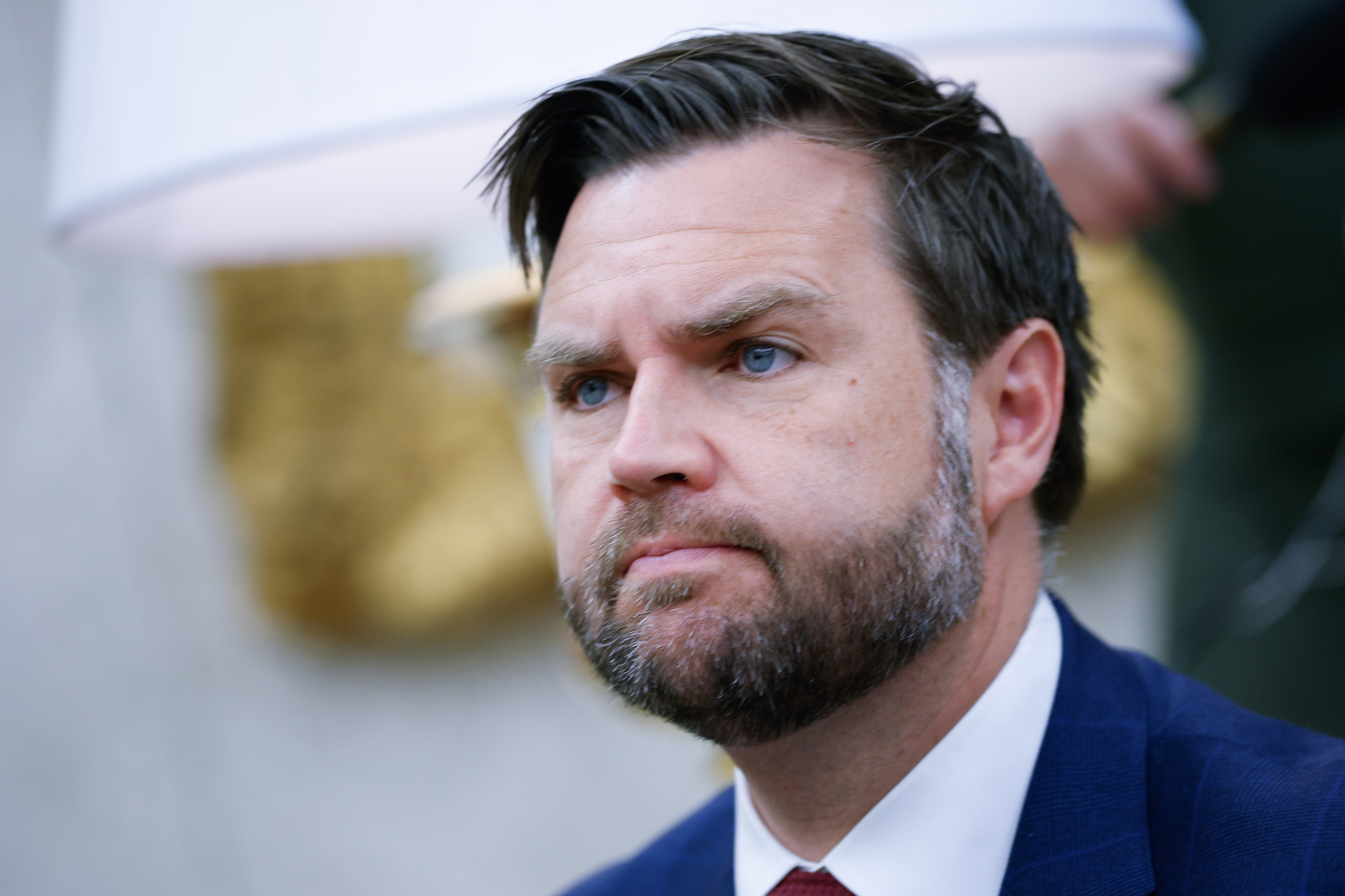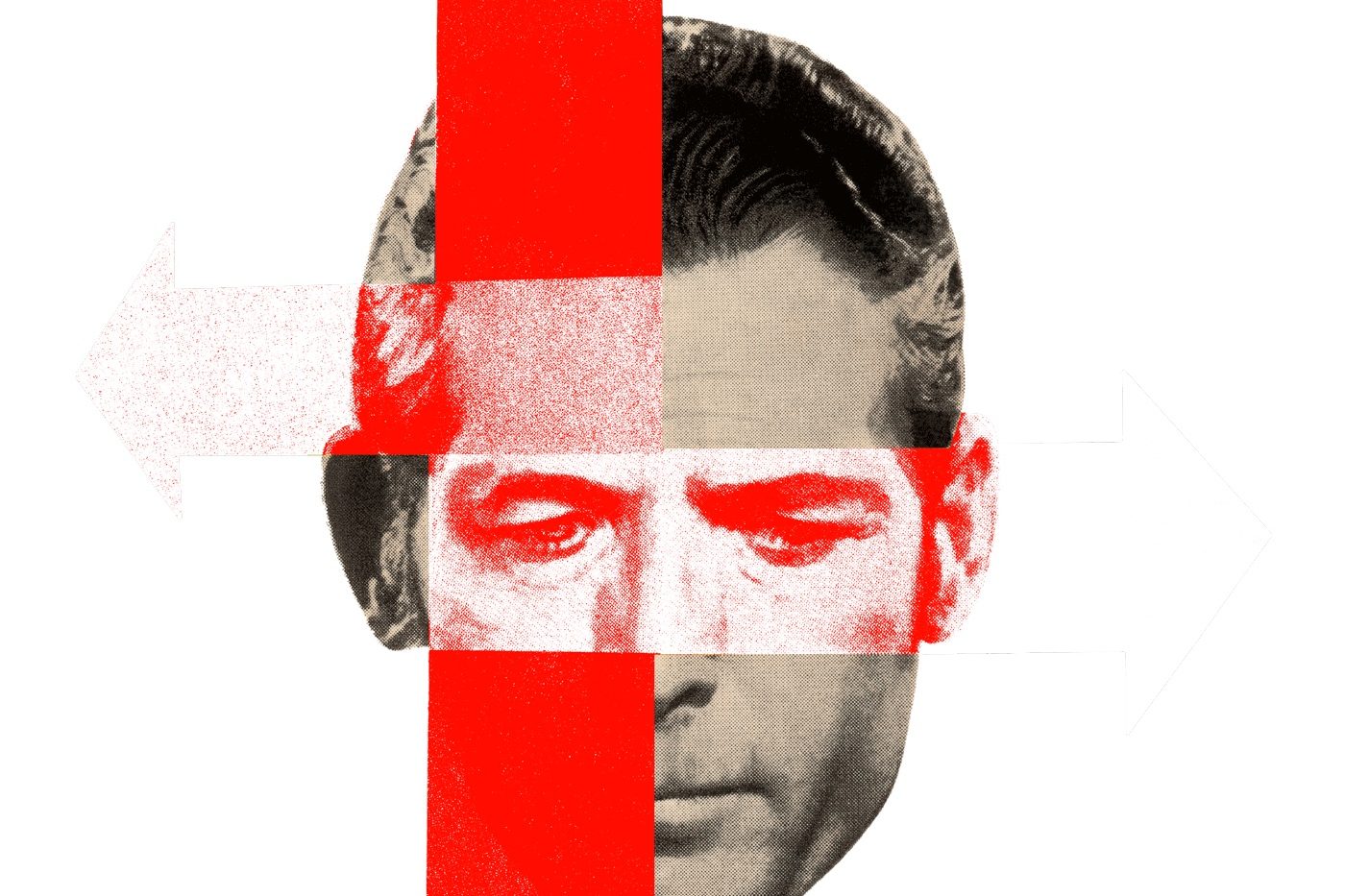Everything about the video seemed wrong. ‘It’s likely his nose is broken because the shape of it has changed and there’s a lot of powder on it. All of the left side of his face has powder,’ said the father of Belarusian journalist Roman Protasevich. The details of the story are now known: the exiled activist’s plane was diverted while en route between two EU capitals. The Ryanair flight was grounded, the pilot having been fed false reports of a bomb threat while a Soviet-era jet stalked the plane. Protasevich and his girlfriend were then removed by Belarusian forces and the flight was sent on its way.
❗️ Провластный телеграм-канал показал Протасевича, на видео он сказал, что «продолжает сотрудничать со следствием и давать признательные показания»
Видео: телеграм-канал «Желтые сливы» pic.twitter.com/Xt94QPBz7Q
— Медиазона. Беларусь (@mediazona_by) May 24, 2021
This shocking display of state power by Alexander Lukashenko’s regime was enough to ruffle some German feathers — but not many. Angela Merkel declared that she found Minsk’s explanation for the grounding ‘completely implausible’ while Germany joined a list of European countries that have summoned their Belarusian ambassadors. Otherwise, Berlin’s response has been decidedly muted.
Lukashenko is not exactly popular in Germany. The Social Democrats (SPD) have been particularly outspoken. But SPD voices are, for the most part, crying out alone in the wilderness. Merkel has long been deaf to the sounds of outrage coming from Eastern Europe over her government’s close economic ties to Russia. Just as much as she has chosen to ignore the increasing concerns in the West over the security implications such ties bear.
America’s security focus is already increasingly shifting from Germany to Poland. With a total of 35,000 troops, Germany has traditionally hosted the lion’s share of GIs in Europe. But a lack of commitment to Nato and its 2 percent of GDP defense spending target — as well as a reluctance to join western military operations — means that American frustration is palpable.
In Berlin, many were hoping that Joe Biden would alleviate some of the pressure from Washington. Indeed, it seemed that way when the President waived sanctions leveled against Nord Stream 2, a pipeline delivering gas directly from Russia to Germany. However, Biden’s secretary of state Anthony Blinken was quick to emphasize that he would do whatever he can ‘to prevent the completion’ of the $11 billion project.
Berlin remains undeterred. Nord Stream 2 is now 95 percent complete and American warnings are not going to stop it. The powerful economic lobby continues to keep the German government in an embrace from which it neither can nor wants to escape.
Germany’s economic ties with Belarus may not be quite as lucrative as the flagship Nord Stream 2 project, but they are still sizable enough to prevent a meaningful response. Around 350 German companies are active in Belarus, among them powerful global players such as Siemens and Bosch. Germany is the country’s fourth most important trading partner and delivers tonnes of machinery, car parts, and chemical products to the post-Soviet dictatorship. A third of all Belarusian imports stem from Germany. In return it delivers $890 million worth of goods to the German economy, mainly minerals, metals and timber. The opposition in Belarus has long complained that the Lukashenko regime can survive because of western economic support.
The relationship between the two countries is not without its problems. When 10 Belarusian dissidents attempted to mount a legal challenge against the dictatorial regime, they did so from German soil and with support from German politicians. At the beginning of May, Lukashenko used the build-up to an annual holiday — which marks the Soviet Union’s victory over Nazi Germany — to lash out against those that hosted his enemies. ‘Who are they to judge me?’ he asked, calling Germans the ‘heirs’ of fascism.
If diplomatic affronts from Lukashenko, increasing acrimony from Eastern European states and the potential loss of American support are not enough to bring about a change in German foreign policy, a plane abduction is unlikely to do so either. Merkel is on her way out and her government appears tired and sluggish.
If the Greens form a leading part of the new government after the elections in September, we might see some change. Annalena Baerbock, the Green’s chancellor candidate, has emphasized time and again that she wants Germany to take a stronger stance internationally, putting principle before politics. But would she be strong enough to stand tall against the powerful waves of German economic interest?
This article was originally published on The Spectator’s UK website.



